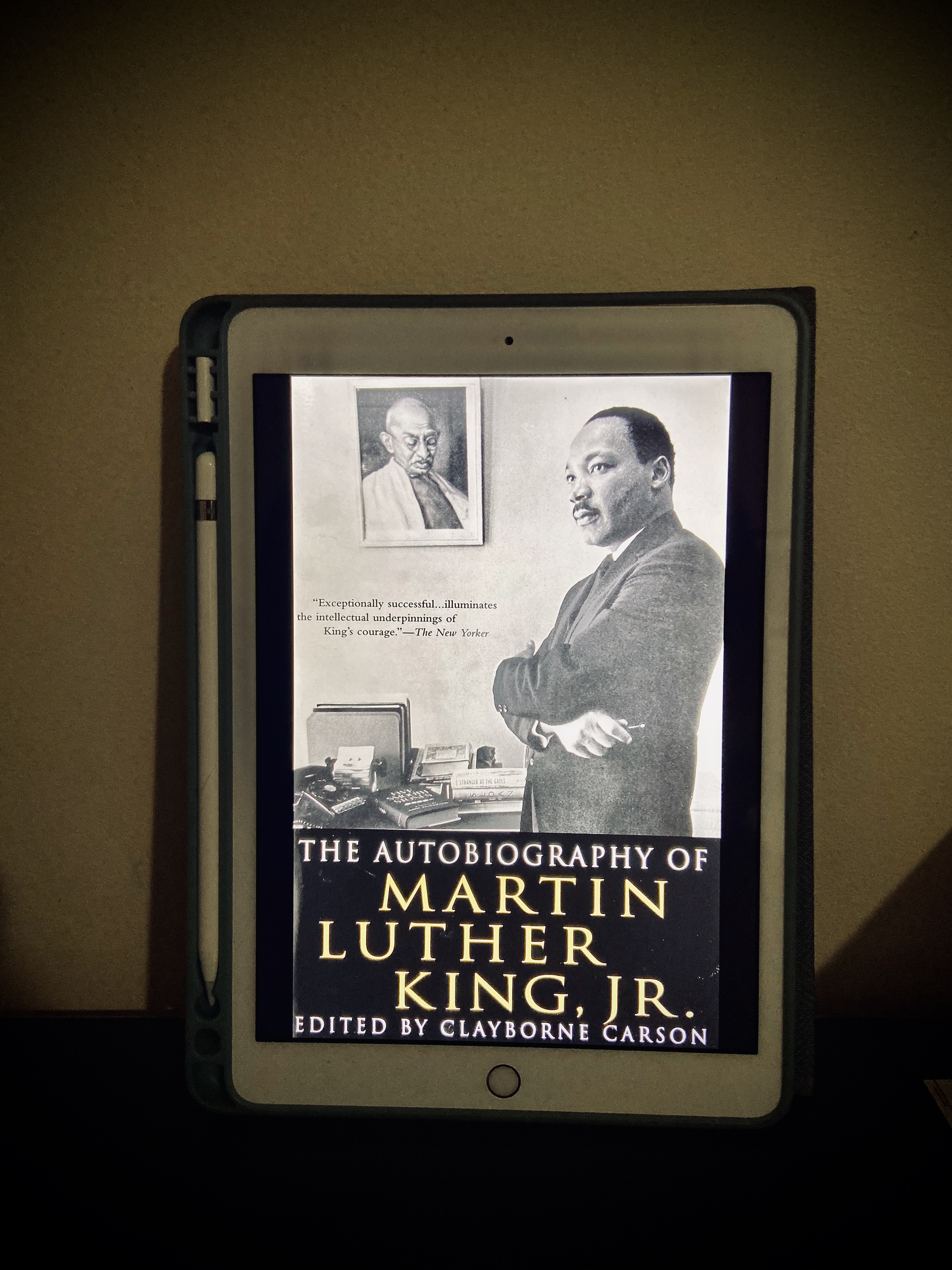Dr. Martin Luther King Jr. was one of the most well known civil rights activists of the 20th century; his work paved the way for modern activists to continue the fight for equity.
A pastor centered in Georgia, King publicly spoke out against racism and the treatment of American minorities. During the Civil Rights Movement, the American South was heavily charged with racism and white supremacy. King’s work to create an equitable society for all Americans was seen as controversial at best.
For his work, King became the youngest person ever to receive the Nobel Peace Prize. His same passion for civil rights was also the reason he became a national target. In 1968, King was assassinated in Memphis, Tenn.
King’s work to create an equitable America has continued posthumously. He is often cited as one of the most influential members of the Civil Rights Movement. The progress he made toward ending racial prejudice has inspired countless activists worldwide to continue to fight for equity.
With the numerous cases of police brutality against people of color, it often seems as though America is still living in the 1960s. While we have progressed into the twenty-first century, the Civil Rights Movement is still taking place because its work is not yet done.
While people of color have gained the right to vote, the fight for equity is far from over. King’s legacy of protesting for social change has been carried on through the work of countless Americans. As they peacefully protest and organize charities to help their fellow Americans, they honor the memory of King and other activists who died for the same cause.
Minorities in America have received better treatment after the Civil Rights Movement. However, it is often not enough. Laws written to protect certain populations have no effect if no one cares enough to listen.
While legislative matters such as the Civil Rights Act of 1965 protect minorities’ rights, their wellbeing is still in danger.
According to Business Insider, white Americans are three times as likely to be hired than Americans of color. Their research also concluded that people of color are less likely to be hired for managerial positions.
Due to people of color being less likely to receive a well–paying job, many Americans of color fall under the line of poverty. Living in impoverished areas increases the likelihood of children dropping out of school or not receiving enough food or medical attention. This reinforces the cycle of poverty, making it increasingly harder for adults of color to have the right resources to gain well–paying jobs.
Though the Civil Rights Movement of the 1960s granted rights to Americans of color, the modern Civil Rights Movement is dedicated to making sure these rights are actually respected. With the creation of organizations such as Black Lives Matter, Inc., NAACP, and the Congress of Racial Equality, Americans have become more outspoken about the injustices in today’s society.
“We’re here to let them know that this can’t be tolerated. There will be severe consequences if they continue to kill us. This will not go on another day,” a protestor told CNN affiliate WCCO at a protest in Minneapolis in May 2020. The protest had been organized in memory of George Floyd, who had been murdered by Minneapolis police earlier that year.
As the media becomes increasingly aware of police brutality against minorities, as well as the systemic racism that places importance on white Americans, the modern Civil Rights Movement gains traction. The current generation of activists are following in the footsteps of Martin Luther King Jr. and countless other Americans who fought for equitable treatment of Americans.
Hopefully this era of protests will end the racism on which this country was founded.
Photo by Emma Crouch





Because U.S. History has is whitewashed, we often forget that MLK Jr. was a socialist and advocated for many of the things we take for granted today. He was a radical figure for his era, advocating for labor rights and staunchly against U.S. imperialism. Racism did not end with his “I have a dream” speech, but he understood that a single person did not have the power to create societal change. He was truly a person of compassion.